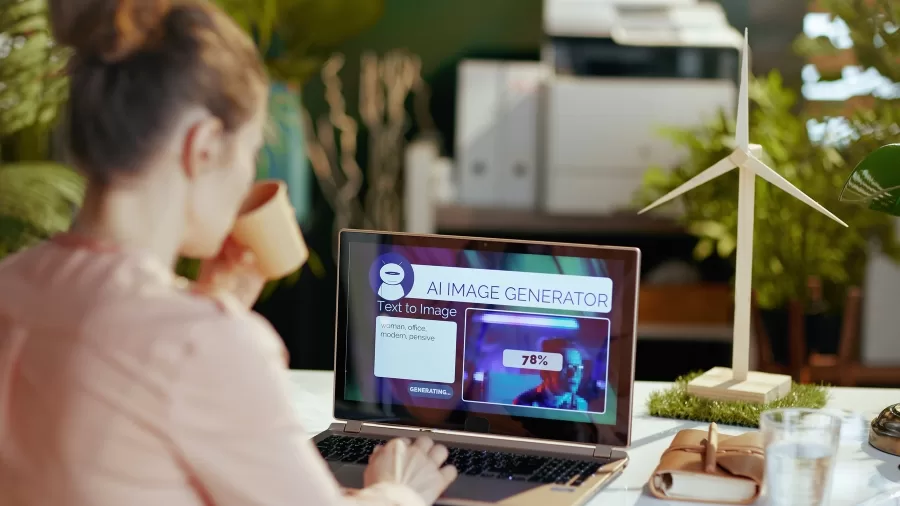Technology
The Impact of Generative AI on Workplace Critical Thinking

- Relying excessively on generative AI at work can weaken critical thinking, confusing issues from merely validating AI outcomes to serving AI-generated truth.
- Workers with greater confidence in AI are less likely to invest their thoughts fully. Therefore, the key lies in the balanced implementation of AI for their business processes and human judgement.
More than anything else, an AI algorithm that constantly goes over tens of thousands of email communications manually does not guarantee the absence of bias, fallacy, or falsehood in reality and could, on the contrary, get manipulated.
Impact of Artificial Intelligence (AI) on Cognitive Effort
As employees increasingly utilise generative AI on the job, their cognitive commitment shifts towards a simple understanding or affirmation of AI-generated content. Rather than cogitating or delving deeper by assessing, analysing, or synthesising, the human user is prone to merely verifying or disproving where the AI system has gone wrong. This overexperience of decision-making and problem-solving might sap the skill of independent thought from them over time.
A study was administered to 319 individuals engaging in generative AI at least once every week. Participants were enquired into how they had used AI-injected tasks based on the following subcategories:
- Creation, mainly rendering a piece of email writing or draughting related reports
- Summarisation and information retrieval, involving the extraction of compact information from specific lengthy documents or research on themes
- Advice and guidance for seeking recommendations or structuring data
Further, we asked whether AI made them think critically and, in so doing, made an impact on their belief in decision-making.
Critical Thinking vs. AI Dependence
Out of around 36%, the individuals had reported actively applying critical thinking for AI risk mitigation. Some employees even went to such lengths as to double-check the highly artificial-intelligence-assisted performance assessment so that the produced results could be claimed to conform very narrowly to the true results expected culturally and professionally. Similarly, editing AI-generated mail to cope with social and professional ethics was similar on a different level. In addition, another in-house validation for AI outputs necessarily involved double-checking the information on, say, online sources like YouTube and Wikipedia, thus risking the aforesaid redundancy in AI trust.
Nevertheless, the study found that users high in OPA did less critical thinking. On the other hand, this suggests that while AI may be a useful tool, inculcating too much faith in its accuracy would trigger complacency—just to prepare individuals less for coping with complex problems or the completely unexpected.
Balancing AI with a Human Judgement
To prevent the void in cognitive skills, AI needs to be considered a tool concerning the performance of its human counterparts while our employees receive briefings about its limitations. Here is what this encompasses:
- Awareness of the areas in which AI can be inconsistent
- Doubting and refining AI-generated content
- Making sure that AI helps, not replaces, in critical judgement
Generative AI can enhance productivity and problem-solving skills, but over-reliance on it might constrain any further enhancement in the problem-solving skills for independence. Therefore, an intelligent match between AI efficiency and human bias allows for the best of the pros minus the loss of active thinking.

















































